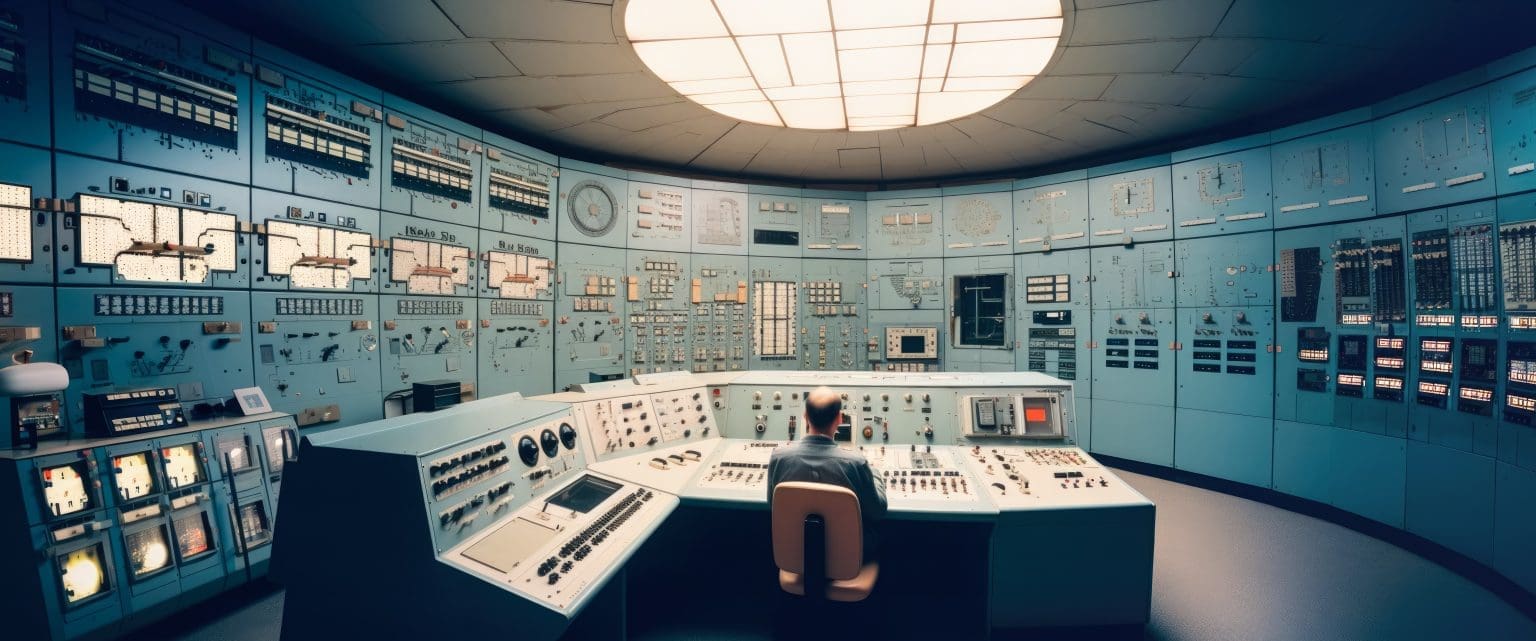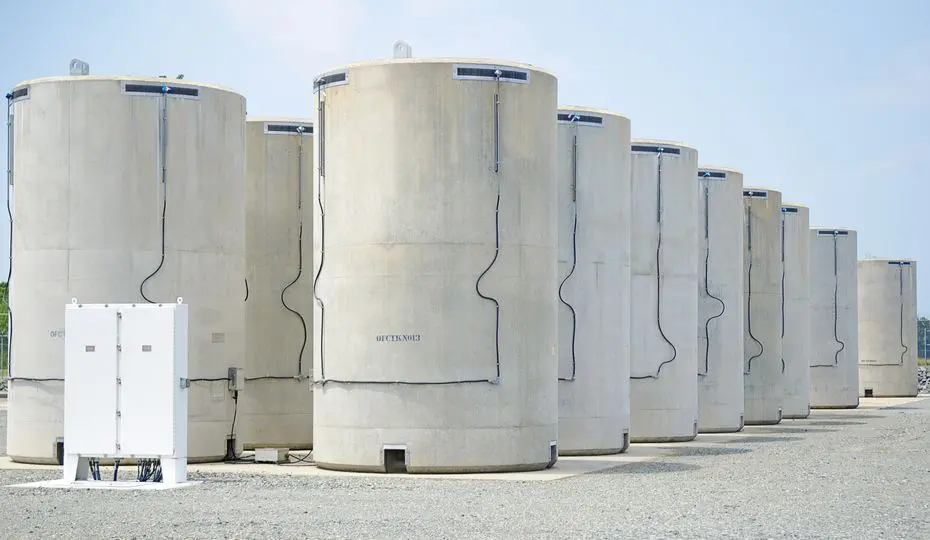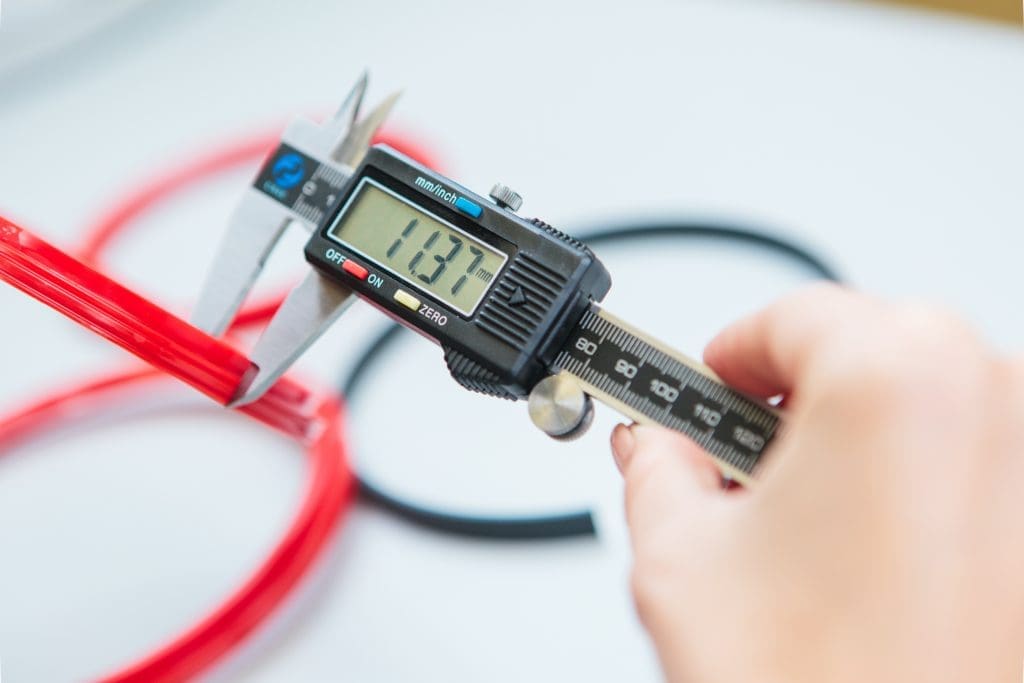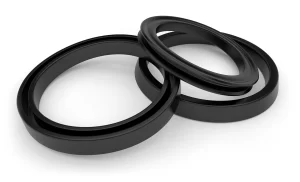Nuclear Approved Rubber Moulding: Ensuring Safety and Reliability in the Nuclear Sector
In the ever-evolving field of nuclear technology, safety and reliability are paramount. The nuclear sector operates under stringent regulations and industry standards to ensure the protection of both human life and the environment. One critical aspect of nuclear safety lies in the materials used in various applications within the industry. One such material is rubber, which plays a significant role in nuclear environments due to its ability to provide insulation, sealing, and other essential functions. However, not all rubber is suitable for use in nuclear facilities. That’s where nuclear approved rubber moulding comes into play.

Importance of safety and reliability in the nuclear sector
Safety and reliability are crucial in the nuclear sector due to the potential risks associated with nuclear power generation and other nuclear applications. The consequences of a failure can be catastrophic, with far-reaching impacts on both human life and the environment. Therefore, every aspect of the nuclear industry, from design to operation, must adhere to the highest standards to minimise the risk of accidents and ensure the safe and reliable operation of nuclear facilities.
 Understanding the nuclear industry standards and regulations
Understanding the nuclear industry standards and regulations
The nuclear industry is subject to stringent standards and regulations set by regulatory bodies such as the Nuclear Regulatory Commission (NRC) in the United States and the International Atomic Energy Agency (IAEA) globally. These standards and regulations cover a wide range of aspects, including design, construction, operation, and maintenance of nuclear facilities. Compliance with these standards is essential to ensure the safety and reliability of nuclear operations. When it comes to materials used in nuclear environments, specific requirements are put in place to prevent any potential hazards and ensure long-term performance.
What is nuclear approved rubber moulding?
Nuclear approved rubber moulding refers to the manufacturing process of producing rubber components that meet the strict requirements and standards of the nuclear industry. This process involves the use of specialised rubber compounds that are resistant to radiation, extreme temperatures, and other harsh conditions typically encountered in nuclear facilities. These rubber components are custom designed and fabricated to provide specific functions such as sealing, insulation, vibration dampening, and protection against environmental factors.

Benefits of using nuclear approved rubber moulding
The use of nuclear approved rubber moulding offers several key benefits in the nuclear sector. Firstly, these specialised rubber components are designed to withstand the unique challenges posed by nuclear environments, such as resistance to radiation, extreme temperatures, and chemical exposure. This ensures that the components maintain their integrity and functionality over an extended period of time, reducing the risk of failures and potential hazards. Additionally, nuclear approved rubber moulding enables precise customisation of rubber components to fit specific applications, ensuring optimal performance and efficiency.
Applications of rubber moulding in the nuclear sector
Nuclear approved rubber moulding finds extensive applications in various areas of the nuclear sector. One primary application is in the construction and maintenance of nuclear power plants. Rubber components produced through this specialised process are used for sealing purposes in critical areas such as reactor vessels, containment structures, and piping systems. These components provide a reliable barrier against the leakage of radioactive materials and help maintain the integrity of the nuclear facility. Additionally, nuclear approved rubber moulding is employed in the manufacturing of radiation shielding products, protective gloves, and other safety equipment used by personnel working in nuclear environments.

How nuclear approval ensures safety and reliability
Rubber moulding plays a crucial role in ensuring safety and reliability within the nuclear sector. The use of specialised rubber compounds and the precise manufacturing process guarantees that the rubber components can withstand the extreme conditions and hazards encountered in nuclear facilities. These components are designed to maintain their integrity, functionality, and performance over an extended period of time, reducing the risk of failures and potential accidents. Moreover, the customisability of nuclear approved rubber moulding allows for the production of components that precisely fit the requirements of specific applications, further enhancing their effectiveness and reliability.
Choosing the right manufacturer for nuclear approved rubber moulding
Selecting the right manufacturer for nuclear approved rubber moulding is of utmost importance to ensure the highest quality and reliability of the rubber components used in nuclear applications. When considering a manufacturer, several factors need to be taken into account. Firstly, the manufacturer should have a proven track record of producing nuclear approved rubber components that meet the industry standards and regulations. They should also possess the necessary certifications to ensure compliance with nuclear industry requirements. Additionally, the manufacturer should have a robust quality control system in place, which includes thorough testing of the rubber components for various parameters such as radiation resistance, temperature resistance, and chemical compatibility.

Quality control and testing in nuclear approved rubber moulding
Quality control and testing are integral parts of the nuclear approved rubber moulding process. Manufacturers employ rigorous quality control measures to ensure that the rubber components meet the required standards and specifications. This includes conducting various tests such as radiation resistance testing, temperature resistance testing, and mechanical property testing. These tests aim to assess the performance and durability of the rubber components under simulated nuclear conditions. Additionally, manufacturers may also perform non-destructive testing methods such as visual inspection, ultrasonic testing, and X-ray examination to detect any potential defects or irregularities in the rubber components.
Conclusion
In conclusion, nuclear approved rubber moulding plays a vital role in ensuring safety and reliability within the nuclear sector. The use of specialised rubber compounds and the precise manufacturing process enable the production of rubber components that can withstand the unique challenges posed by nuclear environments. These components provide essential functions such as sealing, insulation, and protection against radiation and extreme temperatures. Choosing the right manufacturer is crucial to ensure the highest quality and compliance with industry standards. Advancements in technology continue to enhance the performance and reliability of nuclear approved rubber components, contributing to the overall safety and efficiency of nuclear facilities.
To ensure the safety and reliability of nuclear operations, it is essential to partner with a trusted manufacturer for nuclear approved rubber moulding. Contact SRM today to discuss your specific requirements and discover how our expertise can contribute to the success of your nuclear projects.

 Understanding the nuclear industry standards and regulations
Understanding the nuclear industry standards and regulations